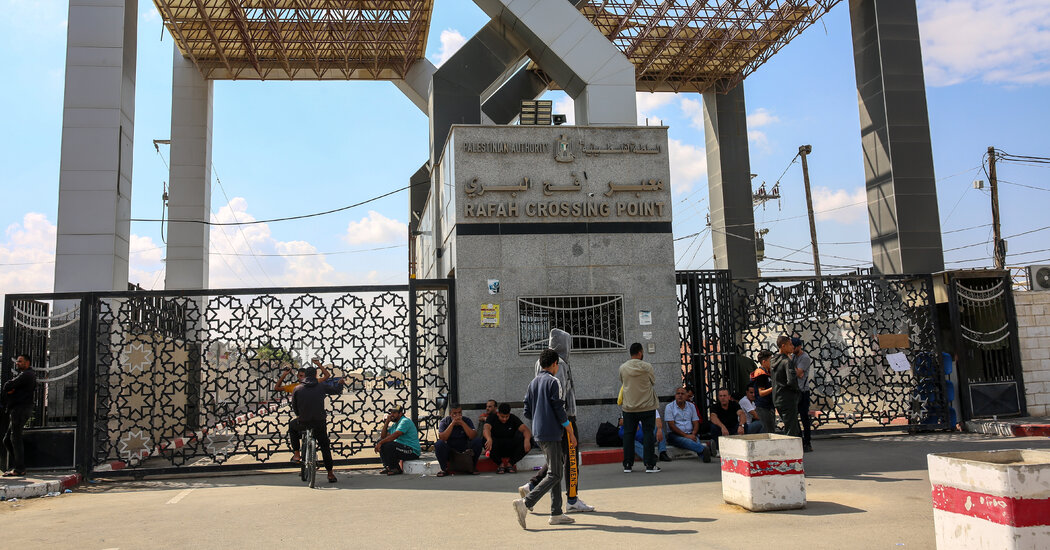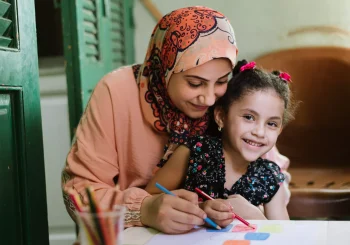A reliable high-level source informed Al-Qahera News TV channel on Thursday, 30 May, that Egypt remains steadfast in its demand for a full Israeli military withdrawal from Rafah crossing before considering its reopening.
The source further refuted Israeli media claims suggesting that Egypt had agreed to reopen the Rafah crossing following discussions with Israel and the US.
Egypt’s response follows the Israeli military’s declaration on Wednesday of securing “operational control” over the entire Philadelphi Route along the Gaza-Egypt border.
According to IDF spokesman Rear Adm. Daniel Hagari, the territory acted as “Hamas’s oxygen pipeline” for importing weapons.
Hagari added that Hamas “took advantage of the Philadelphi area, took advantage of it and built its infrastructure just dozens of meters from the border with Egypt, so that we won’t strike there.”
Following Israel’s military assault on Rafah this week, which killed at least 45 people, including women and children, an Egyptian security officer had been “martyred” in a “shooting incident” on the border near the Rafah border crossing.
According to the terms of the peace agreement between Egypt and Israel, both parties are restricted to deploying a limited contingent of troops or border patrols within this zone, although these numbers can be adjusted through mutual consent. Initially, Israeli forces oversaw Gaza until their withdrawal along with settlers in 2005, as stipulated by the accord.
In May, another high-level source from Egypt informed Al-Qahera News channel that Egypt refuses to engage in coordination with Israel concerning the Rafah crossing due to what they deem as an unacceptable escalation by Israel in Gaza.
Earlier this week, Egypt has initiated the process of allowing humanitarian aid trucks into the Gaza Strip via the Karam Abu Salem crossing (also known as Kerem Shalom). A convoy comprising nearly 200 humanitarian aid trucks, including many transporting fuel, departed from the Rafah crossing on the morning of May 26, heading towards the Karam Abu Salem crossing.
Since 7 October, over 35,000 people – many of them children and women – have been reported killed in the seven-month-long conflict, according to the latest data reported by WAFA Agency. An additional 79,000 were injured with many more trapped under rubble caused by Israeli airstrikes.







Comments (0)